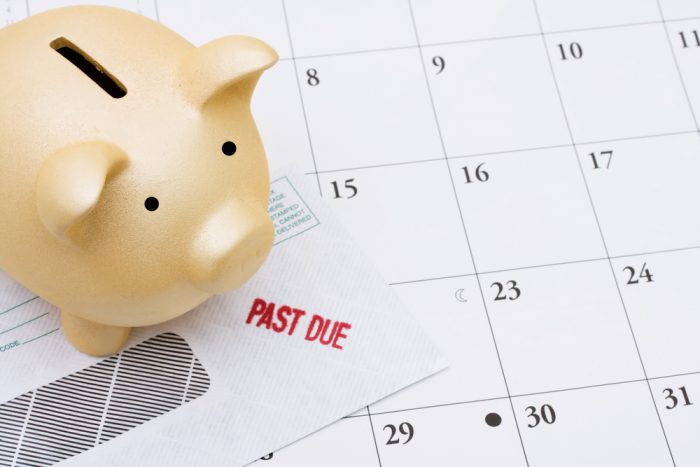Managing your finances is never easy. There are monthly bills to pay, supplies to buy, and living expenses to manage. There may be times when you’ll find yourself behind your monthly payments, and before you know it, you’re drowning in debt that seems almost impossible to pay.
Before you use all your money to pay a debt or be forced to sell your properties just to settle a withstanding balance, consider negotiating a deal with debt collectors. This way, you’ll have more options to pay back what you owe. By striking a deal, you’re also more likely to have better payment options. Here are five tips to help you navigate your way when dealing with debt collectors.
1. Verify the amount and source of debt
There are many reasons why people incur debt. It can come from credit card expenses, loans, bills, excessive purchases, and many others.
For example, medical bills can be costly, especially for those who receive major surgeries and treatments or those who’ve been confined in the hospital for a long time. Not everyone has the financial capacity to pay off a large sum of medical bills, especially for emergency cases. This can be a reason why some people incur debt after receiving medical attention.
Hospitals may turn to debt collectors for medical bills collection from unpaid patients. Other companies, such as banks or lending businesses, can also hire a debt collector to reach out to overdue clients.
If a debt collector reaches out to you regarding a withstanding balance, check all the details about it. First, confirm that it’s in your name, and the amount to be paid matches what you owe. Second, make sure that all the details of the debt are explained to you. If it has any discrepancies with the amount or source of debt, clarify with the debt collection company before you pay any amount.
2. Speak in a calm manner
Some debt collectors may try to catch you during an unexpected time to try and scare you. They can put pressure on you and force you to pay the amount you owe. If you get a call for debt collection, speak calmly, and ask for all the details regarding your debt. It’s essential to know your rights as a debtor and the limits of a collector. Avoid raising your voice or sounding agitated when a debt collector contacts you. Remember that debt collectors cannot harass you just to make you settle, and they can’t involve your employer or family members.
By communicating calmly, you’re more likely to negotiate terms in your favor and avoid unnecessary conflict with the collector.

3. Be vigilant
When you receive a call asking you to pay a debt you owe, don’t disclose your personal information from the get-go. Be wary of fraud collectors who may scam you to pay a huge amount of money.
Do not provide any information about your bank accounts, properties, employment, or assets. Best to set a face-to-face appointment with a representative of the collection company or ask for a printed statement detailing the amount you need to pay. A legitimate debt collection company should be able to provide you with a copy days after your request.
4. Negotiate a payment plan
Just like loans, you can arrange payment options to settle your debt. Negotiating a payment plan with your debt collector allows more flexible payment terms. This way, you’ll also get them out of your way from bothering you all the time by following up on a payment. You can offer to pay a huge sum up front then follow up with monthly payments, or ask for a longer payment period and pay off in small amounts.
A payment plan’s goal is to let you work around your budget and prevent you from paying more than what you can afford.
5. Ask for a signed contract
Once you settle the debt payment terms, ask for a signed contract indicating all the agreed conditions with your debt collector. A written agreement will make both parties uphold their end of the deal and avoid future mishaps such as claims to unpaid balances or overpaying your dues.
Reread all the terms and conditions before signing the agreement and notify the debt collection company should any details need to be changed or added. Do not start your payment until both parties have signed the contract. Remember to also ask for a copy you can keep.
Make sure you fulfill your end of the deal and follow all the stated terms to avoid any legal problems in the future.
Conclusion
Negotiating with debt collectors does not mean not paying for what you owe. Not everyone can pay off their debts all at once, especially when a debt is incurred due to unexpected circumstances or emergencies.
However, you can always find solutions that will allow you to settle your debt without needing to sacrifice everything you own. By negotiating well with your debt collector, you’ll likely find a payment term within your means.
Find a Home-Based Business to Start-Up >>> Hundreds of Business Listings.
















































